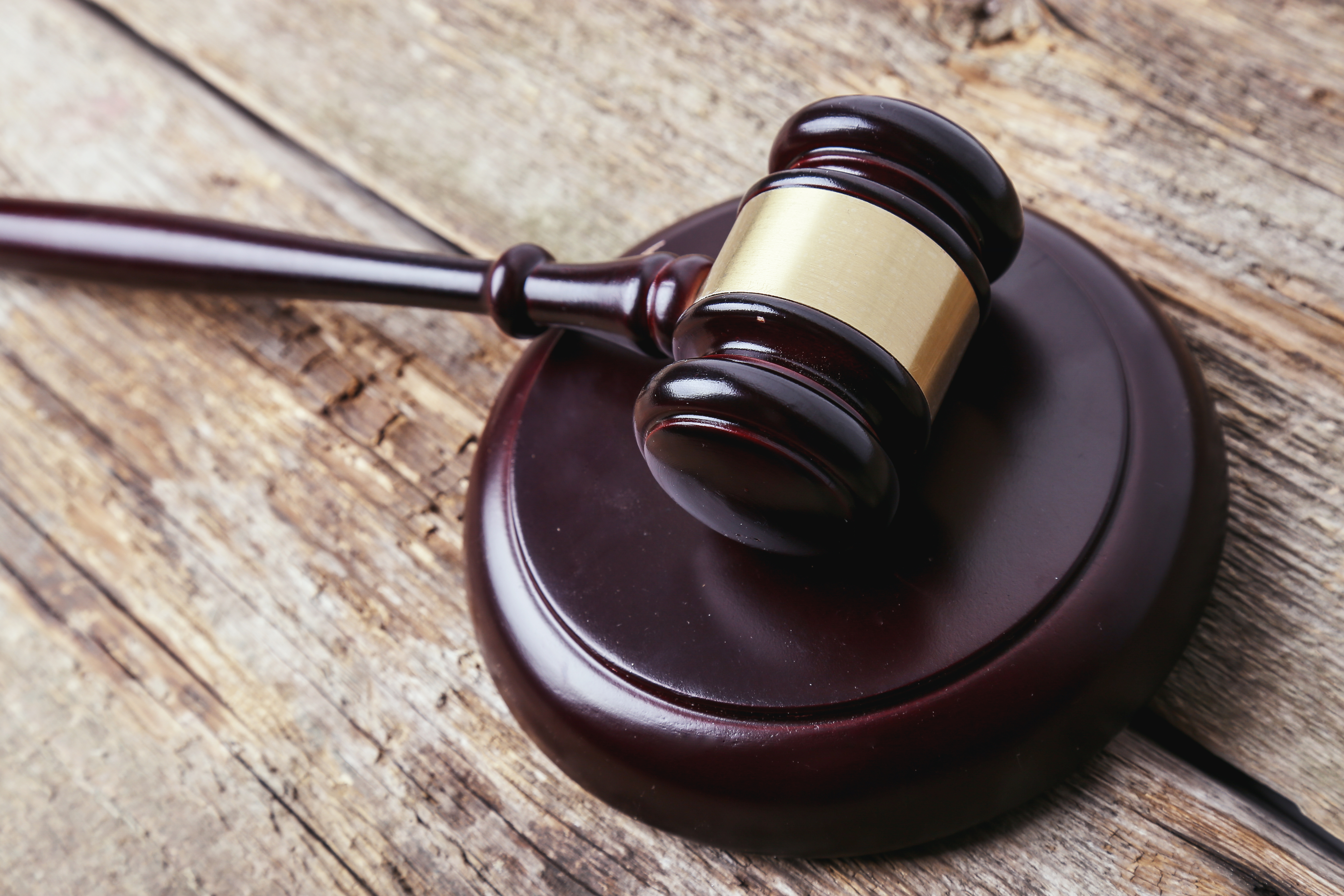

Sponsored Ads

Sponsored Ads

When someone is charged with a crime, they face many difficult decisions. One option that many defendants consider is a plea deal. A plea deal allows the defendant to plead guilty to a lesser charge or receive a lighter sentence.
If you want to get to know about plea deal agreements and how they work, keep reading to learn more about their benefits and the role of a trial attorney.
What is a Plea Deal?
A plea deal is a common process in the justice system, with more than 90% of federal criminal cases resolved through plea bargains, according to the Bureau of Justice Statistics. This is a legal agreement in which a defendant agrees to plead guilty or no contest to a specific charge in exchange for certain concessions from the prosecutor. This can include a reduced sentence, fewer charges, or even the dismissal of some charges.
Plea deals help streamline the judicial process, benefiting both the defendant and the court system.
What Happens When You Take a Plea Deal?
When a defendant decides to accept a plea deal, several steps occur:
●The defendant’s attorney negotiates the terms of the deal with the prosecutor.
●Both parties agree on the charges and sentencing recommendations.
●The defendant appears in court to formally enter their plea.
●The judge reviews the plea agreement and must approve it before finalizing the outcome.
●If the judge approves the plea, the defendant is sentenced according to the terms agreed upon.
Benefits of Plea Deals
Reduced Sentencing
One of the most significant benefits of a plea deal is the potential for a lighter sentence. Defendants who accept plea bargains often receive reduced penalties compared to what they might face if convicted at trial. This can mean shorter prison time, probation instead of jail, or a lesser charge that carries less severe consequences.
Less Time Spent in Court
Trials can be lengthy and stressful, taking up valuable time and resources for everyone involved. By accepting a plea deal, defendants can resolve their cases more quickly, avoiding the long court process. This allows them to move on with their lives without the burden of an ongoing trial.
Lower Legal Costs
Going to trial can be expensive due to attorney fees, court costs, and other related expenses. A plea deal can help minimize these costs by reducing the amount of time and resources needed for legal representation. Defendants can save money by settling the case before trial and paying lower fees.
More Control Over the Outcome
Trials can be unpredictable, and a defendant may not know what the verdict will be. In contrast, a plea deal allows defendants to have more control over their outcome. They know the consequences of their plea in advance, which helps them plan for their future with a clearer understanding of the penalties they will face.
Less Publicity
Criminal trials often attract media attention, which can lead to unwanted publicity for the defendant. This can negatively affect their personal and professional lives. Plea deals help keep cases out of the spotlight, allowing defendants to resolve their legal matters privately without public scrutiny.
The Role of an Attorney in Plea Deals
A trial attorney plays a vital role in the plea deal process by serving as an advocate and guide for defendants. They provide essential legal advice, helping defendants navigate the legal system and achieve the best resolution for their cases.
During negotiations, the attorney works with the prosecutor to secure the best possible plea agreement, requiring a solid understanding of the case and effective communication skills. In court, the attorney represents the defendant during the plea acceptance, advocating for their rights and ensuring the agreement is upheld.
Sponsored Ads

Sponsored Ads

